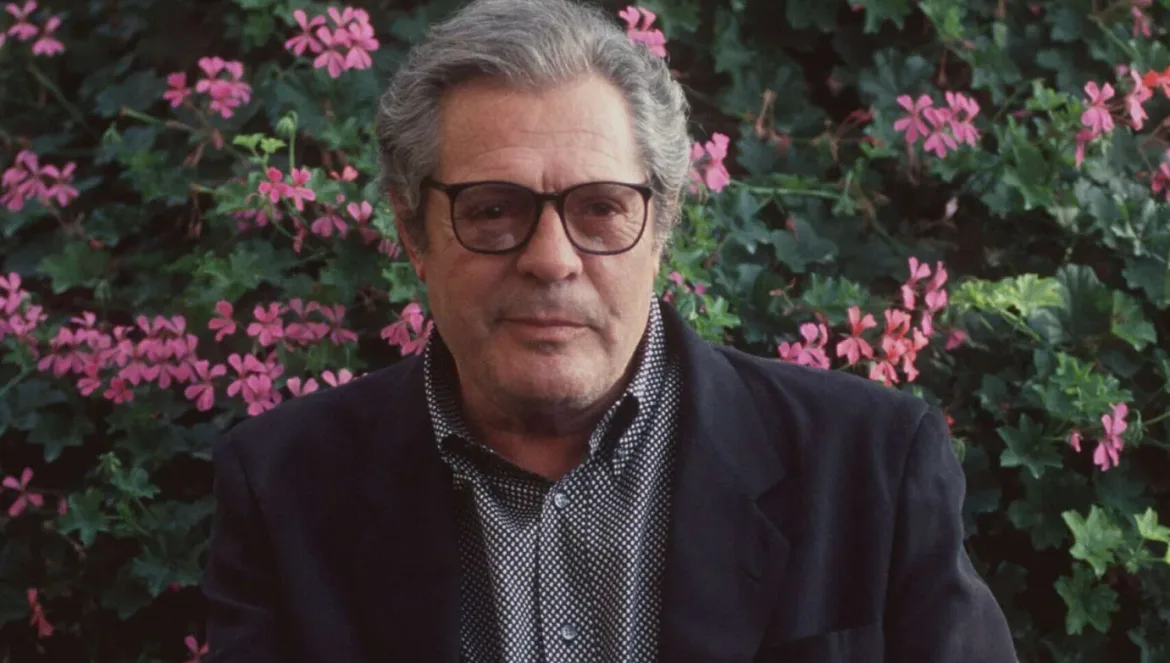Famous Italian film and theatre actor Marcello Vincenzo Domenico Mastroianni was born a hundred years ago as a poor country boy and his talent made him one of the biggest stars of European cinema in the second half of the 20th century. He was born on 28 September 1924 in the mountain village of Fontana Liri in the Apennines. His father, Ottone Mastroianni, ran a carpentry shop, while his mother, Ida, née Irolle, came from a Russian Jewish family.
In 1928 they moved to Turin, where their second son Ruggero was born a year later. At the age of ten, Marcello was already helping on building sites and he liked architecture so much that he later went to Rome to study at the famous Galileo Galilei State Institute of Industrial Technology. In 1943 he obtained a diploma as a construction expert and after graduating he worked as a technical draughtsman.
But there was a war and he joined the anti-fascist resistance. The Germans caught him and interned him, but he managed to escape and hid in Venice until the end of the war. He and his brother had tried acting before the war; a friend of their mother's was the wife of a theatre director who cast both brothers as extras. Ruggerro went on to become a very successful film editor, while Marcello worked as an accountant for a film company after the war, taking acting classes and acting in the evenings.
In 1948 he made his film debut in Les Misérables, based on Victor Hugo's novel of the same name. In 1960, the talented actor gained international fame with the leading male role of the cynical journalist Rubini in the film Sweet Life, in which he was cast by Federico Fellini. He received an award from the Italian Association of Film Journalists. Under Fellini's direction, he went on to create other memorable roles, such as a director in a creative crisis (8 1/2), a professorial dreamer (City of Women), and an aging and touchingly vain cabaret performer (Ginger and Fred). He has also starred in films by many other well-known directors, including Luchino Visconti, Vittorio De Sica, Mario Monicelli, Ettore Scola, Mark Ferreri, Roman Polanski and Nikita Mikhalkov.
His frequent on-screen partner was Sophia Loren, who once said of their collaboration that "their partnership was so perfect that they didn't have to rehearse their performances". They created a typical Italian couple, for example, in Yesterday, Today and Tomorrow or Marriage the Italian Way. Mastroianni himself commented on his acting profession saying: "A limo comes for you in the morning, takes you to the studio, you get a beautiful woman in your arms... is this a profession? Then let's do it!"
And there were countless beautiful women in his arms - besides Sophie Loren, there were also Claudia Cardinal, Gina Lollobrigida, Brigitte Bardot, Faye Dunaway, Romy Schneider, Ornella Muti, Annie Girardot, Michèle Mercier, Ursulla Andress, Anouk Aimée... Many of them were not only his film partners, but also his lovers. And so, over the years, as the shy and timid boy became a European superstar of the silver screen, he also gained a reputation as a philanderer and an idol of women.
From 1950 until his death, he was married to fellow theatre actress Flora Carabella, with whom he had a daughter, Barbara; she was born in November 1951 and became a costume designer. They divorced in 1970, but because of his traditional Catholic upbringing (although he was an atheist, unlike the devout Flora), he never divorced her, and even then he sent Flora a bouquet every year on their wedding anniversary.
In 1968, while filming, he fell in love with American actress Faye Dunaway. When she found out he wasn't going to marry her, she left him. His second daughter Chiara, born in May 1972, came from a relationship with actress Catherine Deneuve, with whom he lived for several years. Chiara is a very successful actress and they have appeared in several films together, including the 1994 American film Prêt-à-Porter with Sophia Loren and Julia Roberts. In 1976, Mastroianni met director Anna Maria Tatò, who became his last life partner.
During his career, he has played over 150 film and television roles, some of which rank among the golden fund of world cinema. Even as he grew older, he lost none of his refinement and renowned acting qualities, being able to play comedic, romantic, dramatic and psychological roles. He was nominated for the Academy Award for Best Actor three times, won two Golden Globes and two BAFTAs. He also devoted himself to the theatre, still performing as an old and sick man and receiving standing ovations.
He worked until the end of his days - death caught up with him in his Paris apartment on 19 December 1996. He died of pancreatic cancer at the age of 72.
Two years after his death, the Marcello Mastroianni Award was created, which annually honours the best young actor at the Venice Film Festival.
Wikipedia / Gnews - Jana Černá



